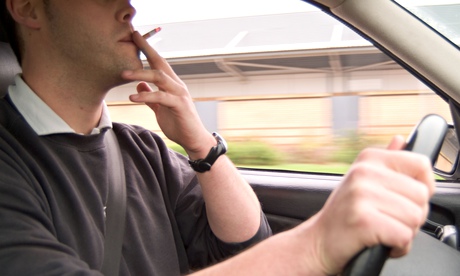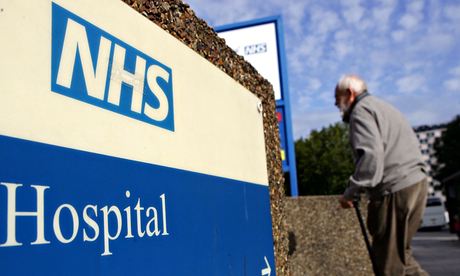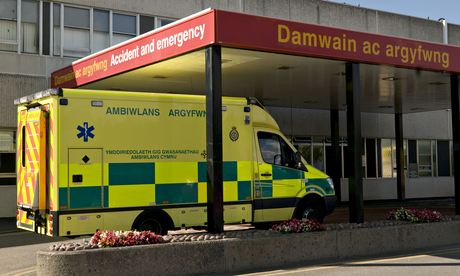The number of families agreeing that their loved ones’ organs can be donated for transplantation may be rising more quickly in Wales than other parts of the UK following the introduction of a groundbreaking new consent system, new figures suggest.
Health officials and ministers in Wales are encouraged by how the so-called “deemed consent” system is working and NHS Blood and Transplant (NHSBT) has said the picture in Wales is promising.
Under the new Welsh system, which came into force last December, residents are deemed to have consented to organ donation unless they positively opt out.
In June the Welsh government said the scheme had already saved dozens of lives after revealing that in the first six months, of the 60 organs that were transplanted, 32 came from people whose consent had been “deemed”.
New figures from NHSBT show that in the financial year 2015/16 the family consent/authorisation rate increased in Wales from 49% to 59%. Across the UK the rise was smaller: 58% to 62%.
Although the overall UK rate is higher, the more significant percentage increase in Wales last year may signal a change in attitude.
The number of living donors in Wales also increased by 20% to 49. Across the UK the number of such donors dropped by 2%.
Organ Donation week takes place across the UK from Monday. One priority in Wales is to get its messages across to young people and the Welsh government is mailing every new student arriving in the country this autumn to explain the system.
Under the Welsh system people who want to be an organ donor either register a decision to opt in or do nothing. For those who choose to do nothing, if they are 18 or over, have lived in Wales for more than 12 months and die in Wales, they will be regarded as having consented to organ donation.
Family consent, however, is still important because if a person has not opted in or out, relatives are still involved in the process and if they say their loved one would not have wanted their organs removed, a donation would not go ahead.
Dr Frank Atherton, chief medical officer for Wales, said he was pleased with how the scheme was working. “Things seem to be moving in the right direction,” he said. “It is encouraging. We’ve put a lot of effort into campaigns to help people understand their options. All that is starting to make an impact.”
He made it clear that the scheme was still in its very early days. The 2015/16 figures relating to family consent have to be treated with caution as the Welsh scheme was launched with only four months of the financial year to go and experts warn there could be fluctuations from year to year.
But Atherton said the move towards the system has certainly led to many more families discussing the topic. “Next year there will be a full evaluation of what the impact of deemed consent has been.”
Overall, the figures show there is still a long way to go if the UK target of increasing consent rates to 80% by 2020 is to be met. In Wales and in the UK as a whole, around four out of 10 families who were approached did not agree to organ donation taking place.
Last year in the UK, 466 patients died in need of an organ and a further 881 were removed from the transplant waiting list. Many of them would have died shortly afterwards.
Sally Johnson, director of organ donation at NHSBT, expressed optimism about what was happening in Wales. “We welcome the opportunities that the legislation and communications programme in Wales is providing in getting everyone in Wales to think about and talk about organ donation.
“We have been working closely with the Welsh government on the introduction of deemed consent and are working with them to make it a success. It’s early days, but things look promising.”
Case study
Kimberly Chard, 31, from Cardiff, who was born with cystic fibrosis, underwent a double lung transplant at the end of last year.
She said: “Every day I think of the selfless gift my donor and their family gave me, how they chose to save lives despite their loss. They are my heroes and I feel very blessed to have had the chance to live again. Having a transplant shows just how precious life is and what’s truly important. I will always treasure the future my donor and their family gave me.
“The new system has created an opportunity for everyone to get involved and discuss their choices and what their decision would be if they were ever in the situation to be able to donate their organs.
“By talking to their loved ones, people are making it so much easier for their family as they would know what their decision was and be able to honour their loved ones decision.”
Welsh "deemed consent" organ donation system shows promising results


